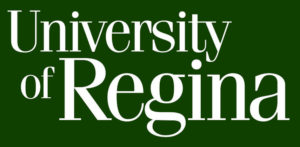
KIN 170: Lifestyle, Health & Wellness
This course provides a very broad overview of the many factors (e.g. social, physical, behavioural, disease, genetic, etc.) which affect an individual’s health and wellness, and the potential role of lifestyle choices in the maintenance of good health. Students will gain an understanding of both personal and population health and wellness, including the importance of healthy lifestyle choices, the detriments of unhealthy choices, and the social and economic forces that shape health.
KIN 278: Introduction to Health Promotion
This course introduces the definition of, and concepts and principles associated with, health promotion. A strong focus on the social determinants of health underlies course content addressing the complex interplay between individuals and their environment. The importance of theory and other forms of evidence is discussed, as well as the need for environmental and policy changes to support population health and individual health choices.
KIN 381: Introduction to Epidemiology
This course provides a broad overview of the fundamentals of Epidemiology, and the methods involved in researching the distribution and determinants of health and disease in populations. Basic principles as well as core measurements (rates, standardization, association) and interpretation (bias, confounding, interaction, chance) issues are covered. The course also examines epidemiological approaches to study design including descriptive (cross-sectional and ecological), observational (cohort, case-control), and experimental (randomized controlled trials, community trials) approaches.
KIN 871: Epidemiology
This course provides a broad overview of the fundamentals of Epidemiology, and the methods involved in researching the distribution and determinants of health and disease in populations. Basic principles as well as core measurements and interpretation issues are covered. The course also examines epidemiological approaches to study design including descriptive, observational, and experimental approaches. The course concludes with student development of a basic research question and analysis completed on an existing cross-sectional dataset, with an abstract written for anticipated conference presentation.
